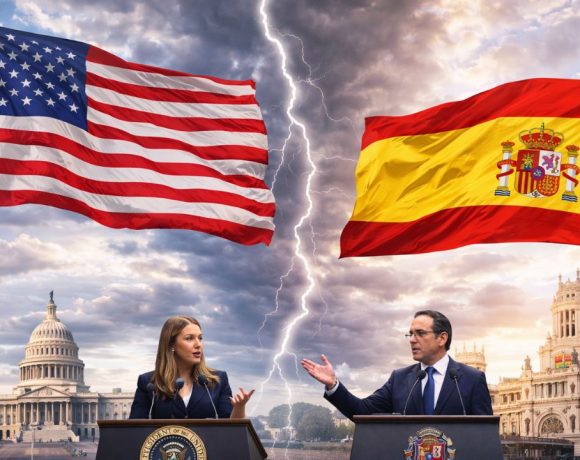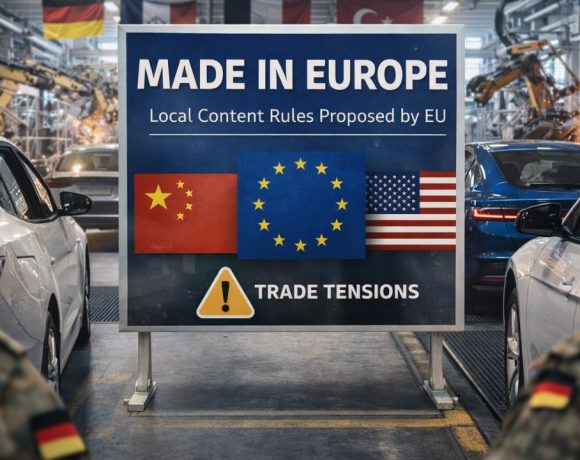
European Union foreign policy chief Kaja Kallas said Iran’s government is undermining its own future by launching indiscriminate attacks across the region. Speaking to reporters, she accused Tehran of pursuing a strategy aimed at spreading instability and escalating conflict in the Middle East, warning that such actions could ultimately backfire on the Iranian leadership.
Tensions escalated further after Turkey reported that NATO air defence systems intercepted an Iranian ballistic missile heading toward Turkish airspace. Radosław Sikorski, Poland’s foreign minister, criticised Iran’s actions, saying the country was widening the conflict by targeting nations that were not directly involved in the war.
Kallas also warned that the growing Middle East crisis risks diverting international attention away from the war in Ukraine. While she noted that the conflict could weaken Russia by costing it a regional ally, she cautioned that Moscow might still benefit from rising global oil prices triggered by the escalating tensions.
Pic courtesy: google/ images are subject to copyright









